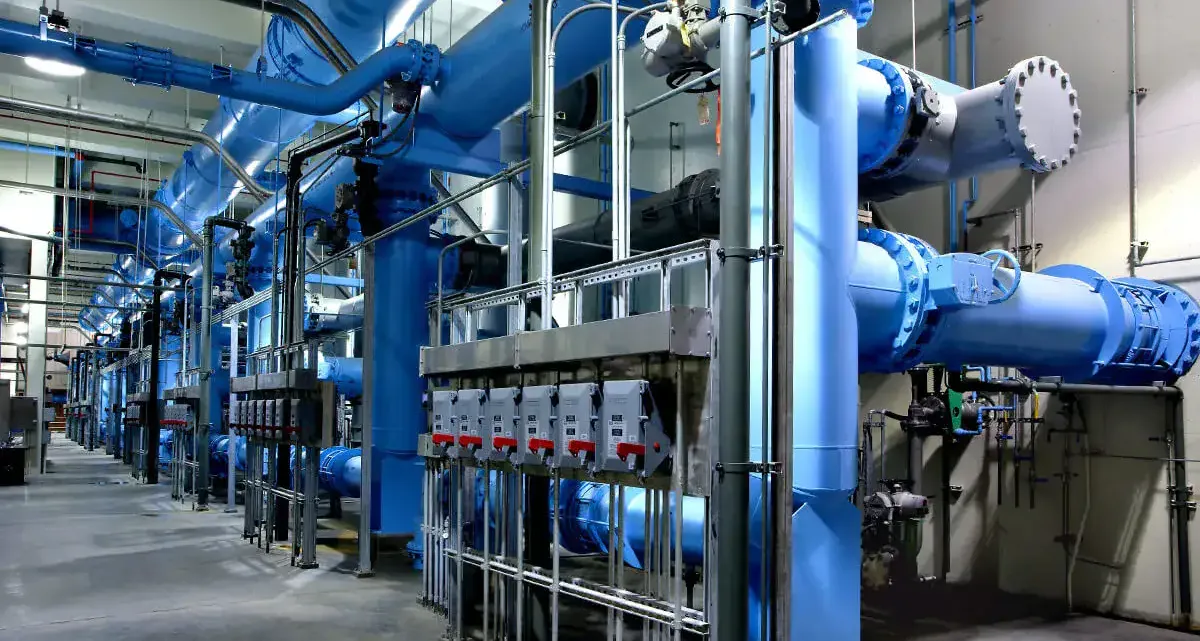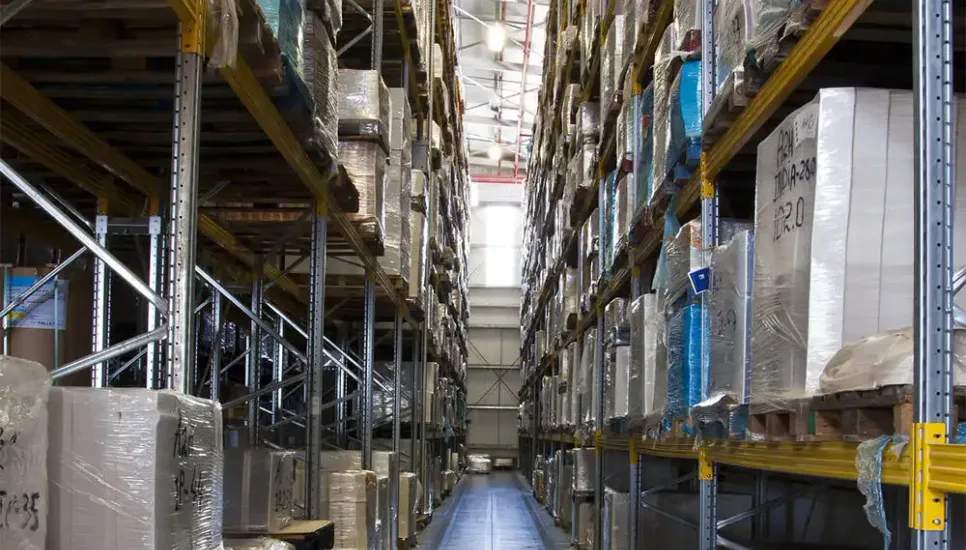Introduction
Clean water is essential for a community’s livelihood and productivity, but employees who work in water treatment plants to ensure a steady supply of this vital liquid are exposed to a series of considerable risks. Accidents in water treatment can endanger workers’ lives but are almost entirely preventable if all employees undergo rigorous safety training as soon as they are hired.Potential Hazards
The most common risks that exist in a water treatment plant include:
Exposure to Radiation.
Radium, Uranium, and Radon are some of the most common Naturally Occurring Radioactive Materials (or NORM) found in the source water. Workers in water treatment plants must remove these substances and their decay products from water in order to make it safe for consumption. This can be done in a number of different ways, including alum treatment, Ion exchange, and lime softening, but radioactive vapors may be released in the process and can affect employees who are exposed to them for extended periods of time. Without proper protection, workers may experience long-term health issues and even develop cancers.Exposure to Dangerous Chemicals.
Water disinfection is accomplished with the use of a wide range of potentially dangerous chemicals. These include chlorine, sodium hypochlorite, hydrofluoric acid, calcium hypochlorite, ozone, and chlorine dioxide, all of which play an essential role in the treatment of water, but can cause serious injuries when inhaled, ingested, or touched. For example, chlorine in gas form can irritate the eyes and respiratory tract, whereas sodium and calcium hypochlorite solutions are corrosives with a toxic effect and can lead to burns, irritation, and chemical pneumonia.Working in Confined Spaces.
Storage tanks, boilers, underground piping tunnels, and sludge storage areas are just a few examples of confined spaces that workers in water treatment must enter for cleaning or maintenance purposes. Employees who are not properly trained to work in such enclosures may experience confusion, lightheadedness, and even loss of consciousness while inside, which can significantly increase the risk of accidents. Airborne contaminants, flammable substances, oxygen deficiency, and water currents are hazards that are far more likely to occur and to cause injuries in confined spaces.Explosions and Fires.
When chemicals are not properly stored and isolated, explosions and fire outbreaks are far more likely to occur. Ozone, for instance, is a strong oxidizer and can result in an explosion when put in contact with powerful reduction agents and organic chemicals. Other strong oxidizers used for the disinfection of water are equally dangerous and can burst into flames when coming in contact with flammable substances.
Incident Prevention
The two most important aspects of incident prevention in water treatment are safety training and the correct use of personal protective equipment. Without prior training, workers may not even be aware of the dangers that exist in a treatment plant. Such lack of knowledge is likely to result in an increased number of human errors, accidents, and injuries, whereas trained employees, on the other hand, are less likely to put themselves or their colleagues at risk. Appropriate training is a financial investment on behalf of the employer, but it is an investment that can save lives and considerably diminish future property loss.
At the same time, employees in a water treatment plant must have access to personal protective equipment and must be trained to properly use the latter. Most types of exposures to hazardous chemicals can be avoided altogether if respirators, special glasses, chemical gloves, and overalls are used. This is even more so the case for workers who are required to enter confined spaces with an improper atmosphere and who are put at grave risk if not properly equipped beforehand.
Recommended Safety Courses
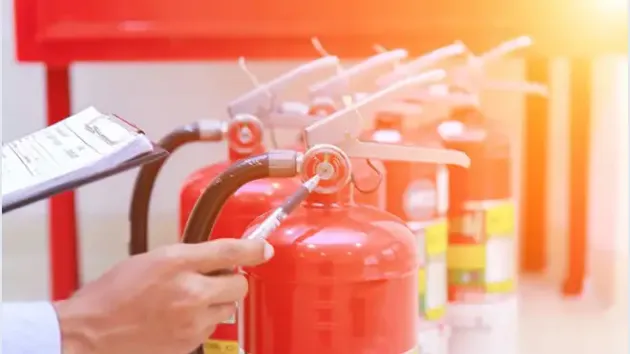
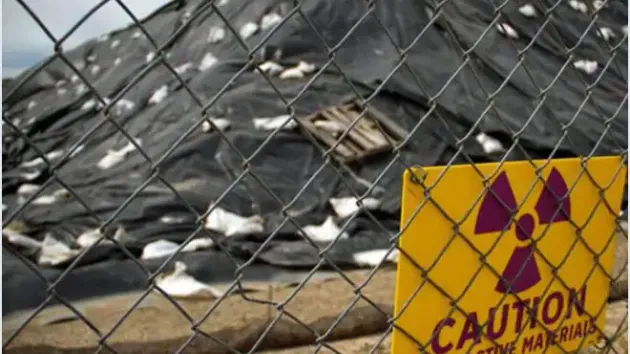
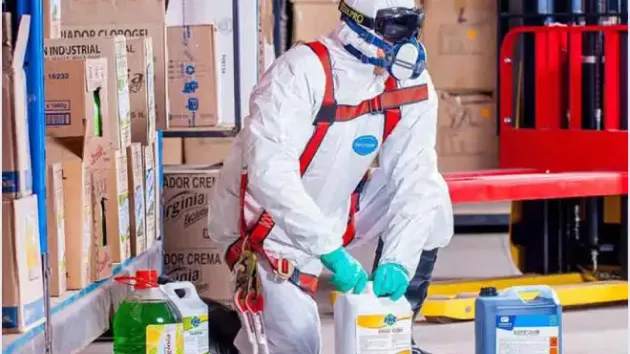
What You Can Do to Stay Safe
As a water treatment plant employee, you must first understand that your health and safety are at risk, as well as acknowledge the factors that can lead to accidents, injuries, and/or illnesses. Safety courses are an effective way to gain such knowledge and to acquire a series of strategies that you can then implement to maintain your wellbeing and that of your colleagues. Throughout Canada, your employer is required by law to provide access to the necessary safety training.
For a more comprehensive list of safety courses best suited for water treatment, please visit our Waste Management industry page and select your specific job.
